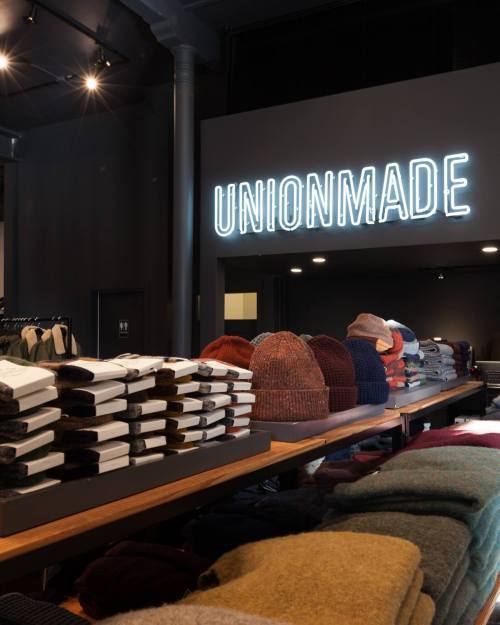
In the world of classic men’s style, Naples holds a prominence that is only rivaled by London. The city is beautiful, energetic, and creative, always bustling with an upbeat tempo. Mark Twain once wrote of it: “The streets are generally about wide enough for one wagon, and how they do swarm with people! It is Broadway repeated in every street, in every court, in every alley! Such masses, such throngs, such multitudes of hurrying, bustling, struggling humanity! We never saw the like of it, hardly even in New York. There are seldom any sidewalks, and when there are, they are not often wide enough to pass a man on without caroming on him. So everybody walks in the street – and where the street is wide enough, carriages are forever dashing along.”
It’s among this energetic buzz that some of the world’s most celebrated tailoring traditions live, but you have to be in the region to appreciate them. Most Neapolitan tailoring houses don’t travel. In fact, that’s one of the biggest differences between English and Neapolitan firms. London-based companies have a higher level of business development – they have storied names and bigger marketing budgets. Some of their revenue may not even come from bespoke tailoring, but rather ready-to-wear. When they tour the US, some will take in hundreds of orders.
Neapolitan firms, on other hand, are usually small, family-owned and -operated operations. There’s typically just one cutter, often an older man in his 60s, who is then supported by a complex network of outhouse workers (tailors, in other words). Most of these firms remain only known to hardcore tailoring enthusiasts – men who like to post online and share stories about bespoke craft. As a result, they take an infinitesimally smaller number of orders when they travel, assuming they travel at all. And if one or two clients drop from a city, traveling suddenly becomes a financial liability. Combine this difference in business organization with price – Savile Row suits typically cost double their Neapolitan counterparts – and, I think, you have your explanation for why some Neapolitan firms have such a bad reputation for service.
Keep reading
















